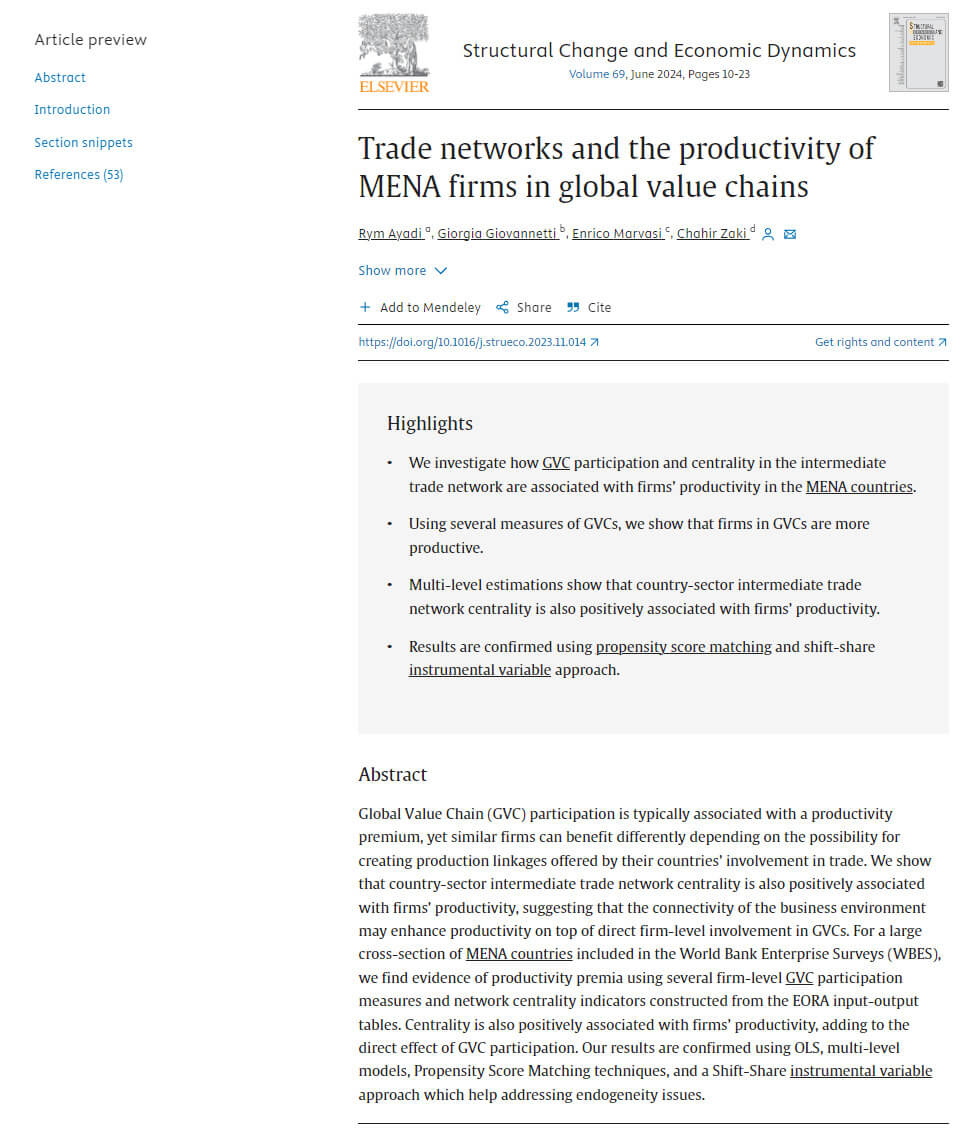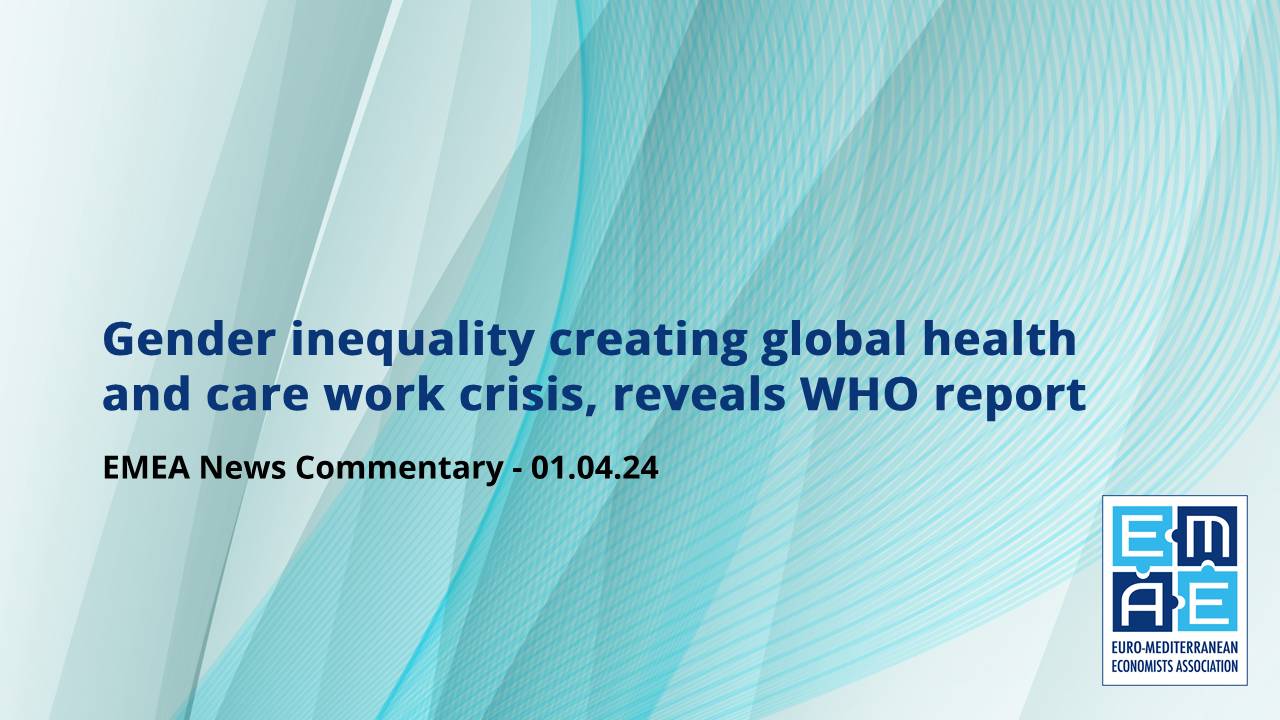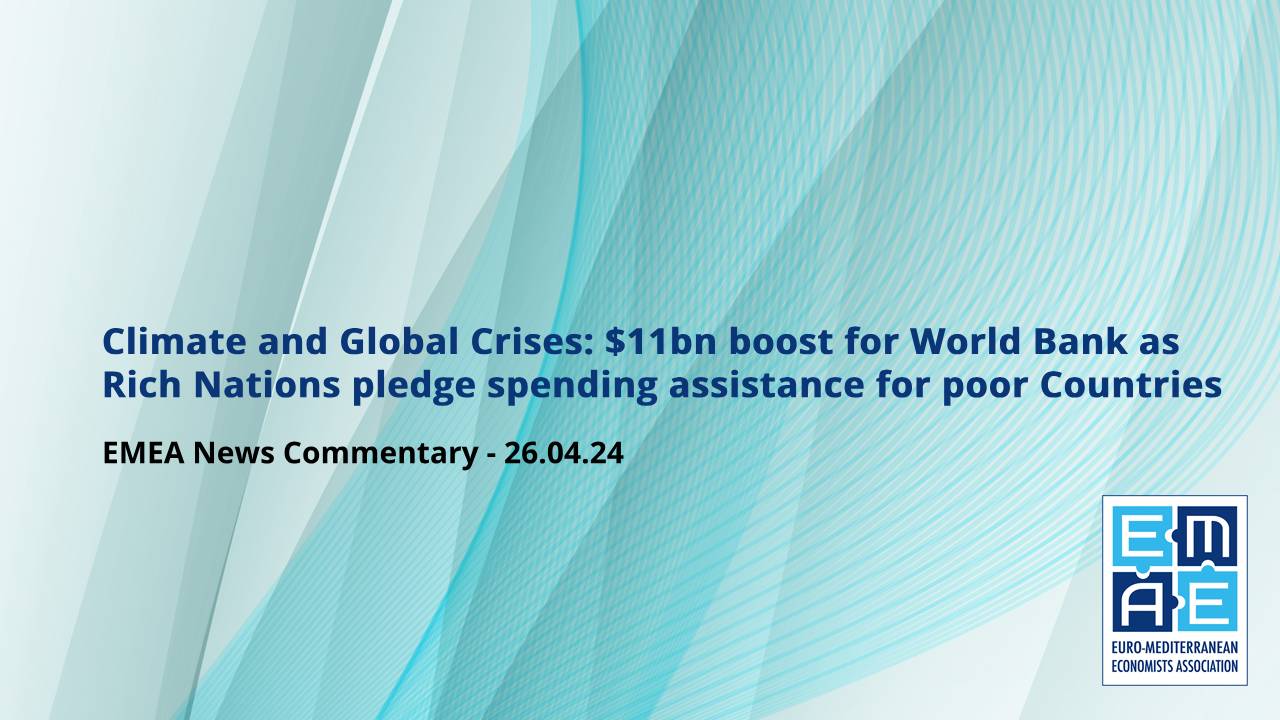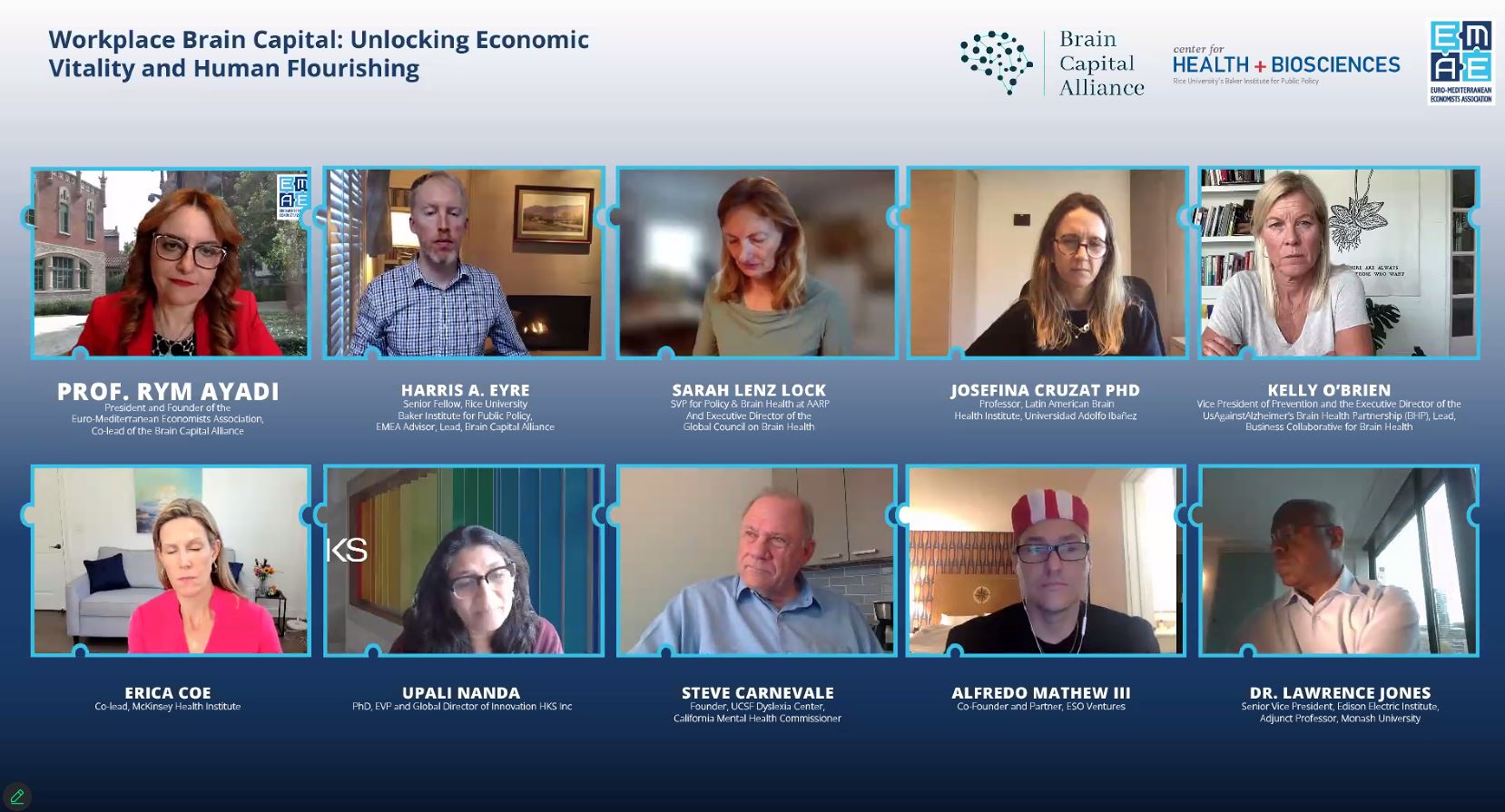A critical new report by the World Health Organisation (WHO) has uncovered dramatic gender inequality issues in global health and care work, showing that women are being devalued and disempowered. This has resulted in weakened health systems.
Entitled “Fair share for health and care: gender and the undervaluation of health and care work”, the study said that underinvestment in health systems had led to what it described as “a vicious cycle of unpaid health and care work, lowering women’s participation in paid labour markets, harming women’s economic empowerment and hampering gender equality.”
The report revealed that:
- Women made up 67% of the paid global health and care workforce.
- Women performed an estimated 76% of all unpaid care activities.
- Women’s work tended to be paid less in poorer working conditions.
Low pay and demanding working conditions were rife throughout the health and care sector, the report highlighted. Devaluing the care that women primarily provided had negatively impacted wages, working conditions, productivity and the economic footprint of the sector.
“Decades of chronic underinvestment in health and care work” had contributed “to a growing global crisis of care,” the report warned.
WHO talked of a “stagnation in progress towards universal health coverage (UHC).” This had led to “4.5 billion people lacking full coverage of essential health services.” Given the scale of the numbers involved, without a reversal of current policies, women would be likely to take on even more unpaid care work in the future.
In combination with women giving their time for no reward, the damaging impact of weak health systems was putting further strain on the health of caregivers and overall service quality, the report observed.
Time for action on investment
Jim Campbell, WHO Director for Health Workforce, said the ‘Fair share’ report had highlighted how gender-equitable investments in health and care work would reset the value of the sector, driving “fairer and more inclusive economies.” He added: “We are calling upon leaders, policymakers and employers to action investment.”
To improve the future situation, the report highlighted six key policy areas that should be adopted, to recognise the true value of health and care work.
- Improved working conditions for all forms of health and care work, particularly involving highly feminised roles
- More equitable inclusion of women within the paid labour workforce
- Better working conditions and increased wages for healthcare workers, with equal pay for work of equal value
- Addressing the care sector gender gap, with support for quality care work and recognition of the rights and well-being of caregivers
- Making sure that national statistics account for, measure and value all health and care work
- Investment in robust public health systems
The WHO report said that investments in health and care systems would “accelerate progress on UHC” and “redistribute unpaid health and care work.”
It added: “When women participate in paid health and care employment, they are economically empowered and health outcomes are better. Health systems need to recognise, value and invest in all forms of health and care work.”
WHO report reveals gender inequalities at the root of global crisis in health and care work





